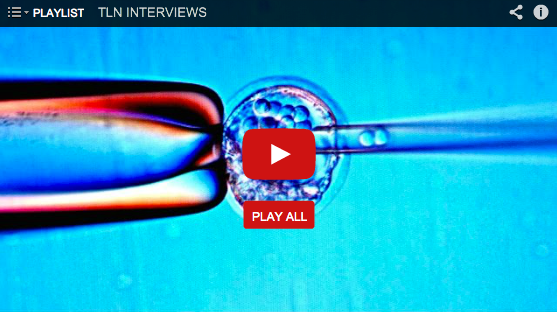Zhang Z, Fu J, Xu X, Wang S, Xu R, Zhao M, Nie W, Wang X, Zhang J, Li T, Su L, Wang FS.
Research Center for Biological Therapy.
Link to Abstract on National Institutes of Health Website
Abstract
OBJECTIVE:
HAART largely decreases morbidity and mortality in chronic HIV-1-infected patients, but immune nonresponders (INRs) with full viral suppression still fail to reverse the immune deficiency. This study evaluated the safety and immunological responses of human umbilical cord mesenchymal stem cell (MSC) therapy in HIV-1-infected INRs.
DESIGN AND METHODS:
A total of 13 HIV-1-infected INRs were enrolled in this pilot prospectively open-labeled controlled clinical trial. Seven patients were administered three umbilical cord-MSC transfusions at 1-month interval during 12-months of follow-up, whereas six control patients were treated with saline in parallel. Immunological parameters were monitored in these patients throughout the trial.
RESULTS:
All patients tolerated the umbilical cord-MSC transfusions well throughout the trial. The umbilical cord-MSC transfusions preferentially increased circulating naive and central memory CD4 T-cell counts and restored HIV-1-specific IFN-γ and IL-2 production in the INRs. These enhancements in immune reconstitution were also associated with the reduction of systemic immune activation and inflammation in vivo.
CONCLUSIONS:
umbilical cord-MSC transfusions are well tolerated and can efficiently improve host immune reconstitution in INRs, suggesting that such treatments may be used as a novel immunotherapeutic approach to reversing immune deficiency in HIV-1-infected INRs (ClinicalTrials.gov identifier: NCT01213186).

